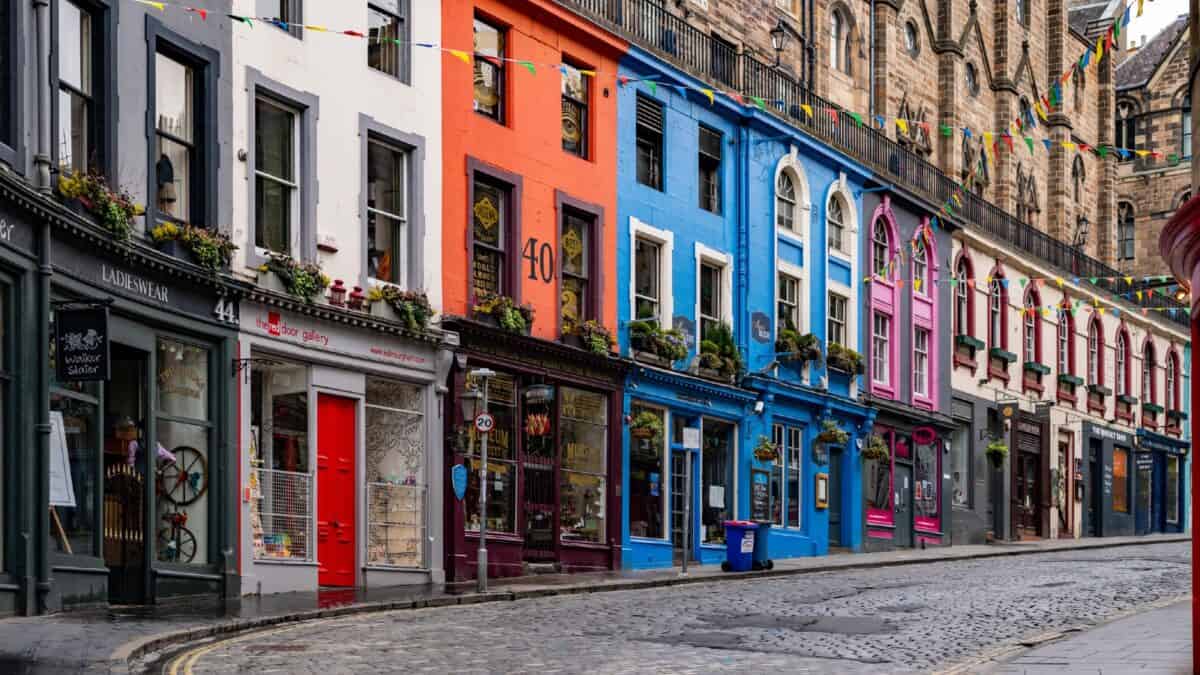UK retail sales fell in April as shoppers tightened their belts in response to the cost of living crisis, according to new industry data.
Figures compiled by advisory services firm KPMG with the British Retail Consortium, an industry body, showed that retail sales fell at an annual rate of 0.3 per cent in April, the first decline in 15 months and down from a 3.1 per cent expansion the previous month.
BRC chief executive Helen Dickinson said that “the rising cost of living has crushed consumer confidence and put the brakes on consumer spending”.
She added that big-ticket items had been hit hardest, as consumers have reined in spending on furniture, electricals and other homeware. Spending on these items was also hit by delays to imported goods, because of supply chain disruption and Chinese lockdowns.
The annual comparison in April was dragged down by the reopening of many shops last year but also boosted by rising prices as BRC data is not adjusted for inflation.
Given that inflation is running at the highest pace in 30 years, “the small drop in sales masked a much larger drop in volumes once inflation is accounted for”, the BRC said.
Compared with April 2019, before the pandemic, retail sales were up 3.9 per cent, a sharp slowdown from the 5.4 per cent expansion in the previous month and the lowest figure this year.
Official data showed that retail sales contracted in February and March as the cost of living crisis hit household incomes. The latest figures are fuelling economists’ concerns of a further slowdown in economic growth in April and the rest of the year.
Economists polled by Reuters expect the UK economy to have barely changed in March, while last week the Bank of England warned of the risk of recession over the next two years.
Consumer spending data tracked by Barclaycard, the payments company, which monitors nearly half of all UK credit and debit card transactions, also show weakening growth in April in many sectors despite its figures also not being adjusted for inflation.
Spending growth was down for takeaway food, bars, pubs and clubs and for digital content subscriptions, such as Netflix and Amazon Prime.
However, both sets of data also reported some sectors doing better thanks to the reopening of international travel, the improved weather and Queen Elizabeth II’s forthcoming platinum jubilee.
Spending on clothing rose according to both sets of data, while the BRC also noted that garden goods saw stronger sales.
Barclaycard reported that spending on travel agents and airlines recorded significant improvements, declining just 3.5 per cent and 9.9 per cent, respectively, compared with April 2019, up strongly from March’s contractions of 10.7 per cent and 12 per cent.
Spending on hotels, resorts and accommodation also reported the fastest growth since September last year.
But Paul Martin, UK head of retail at KPMG, said that overall “the retail sector has a bumpy time ahead as stores face spiralling cost pressures from all directions”.
Credit: Source link














